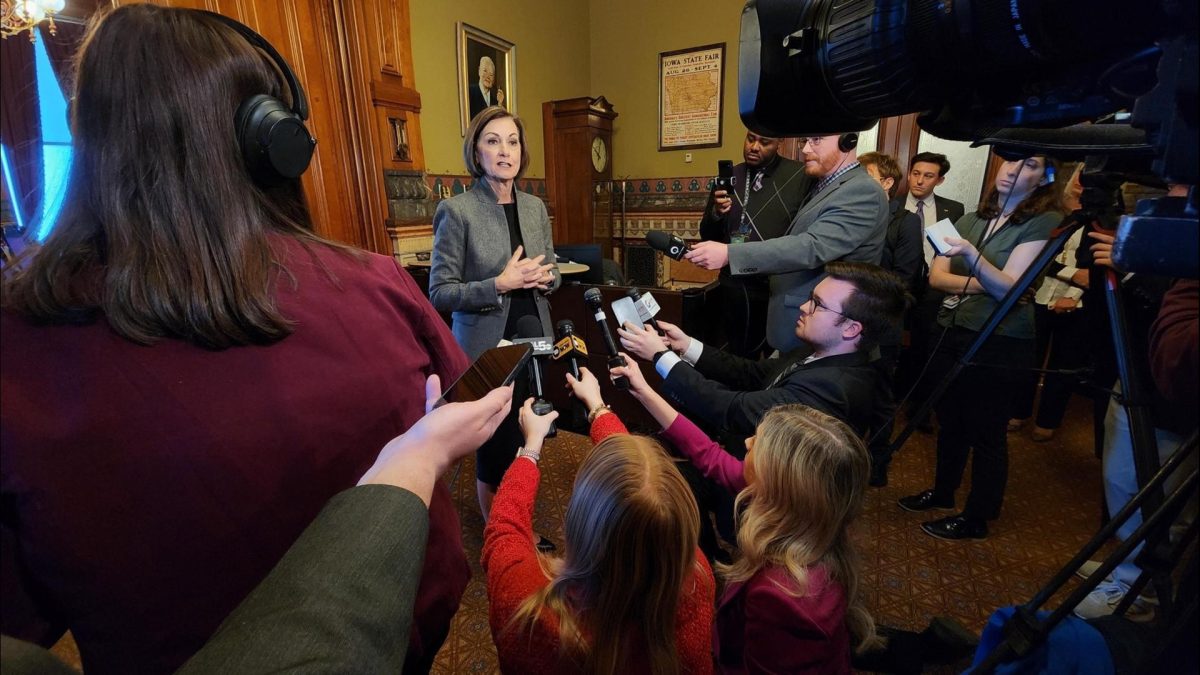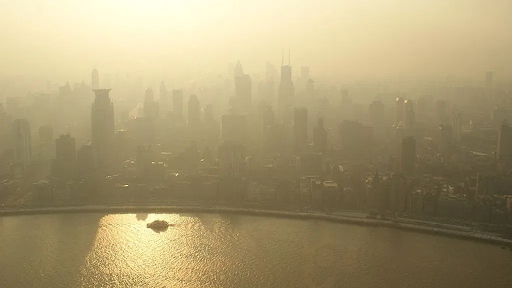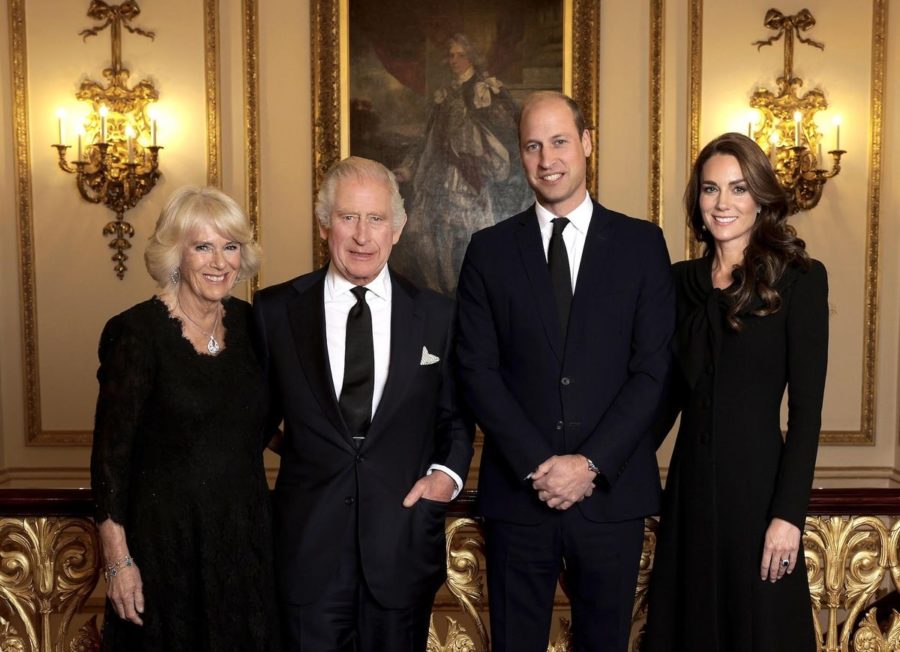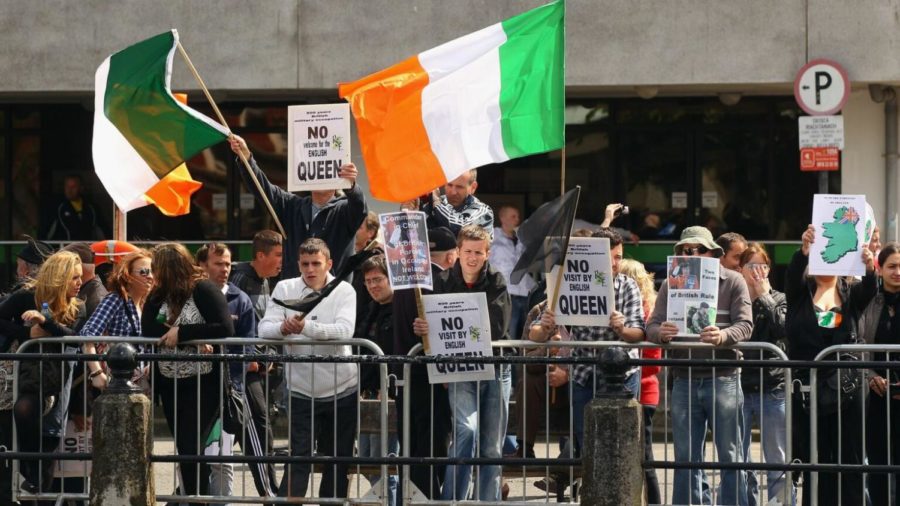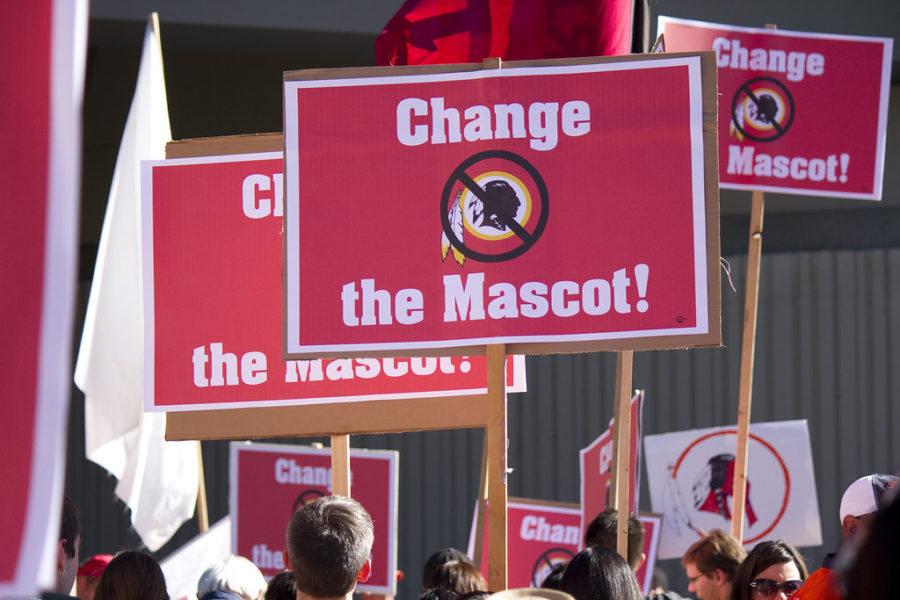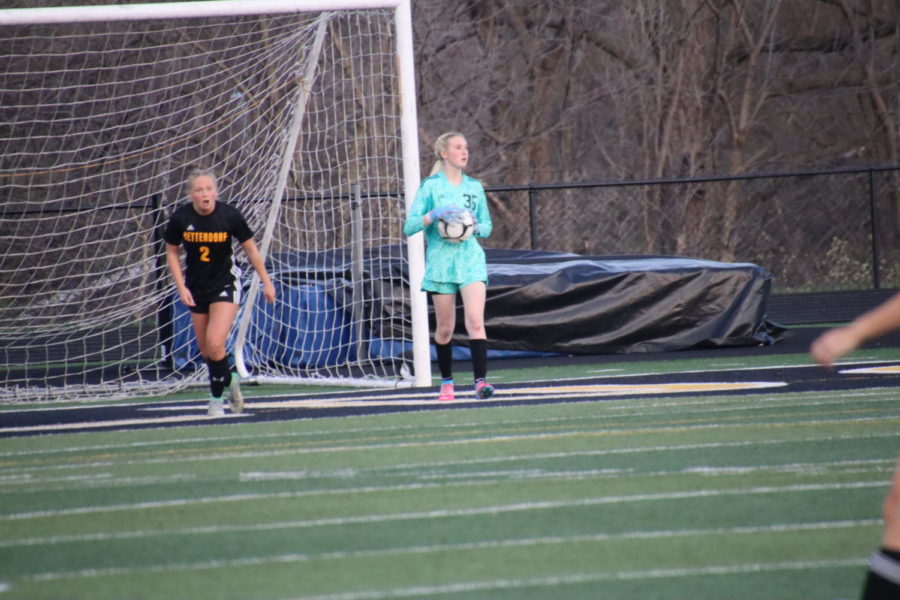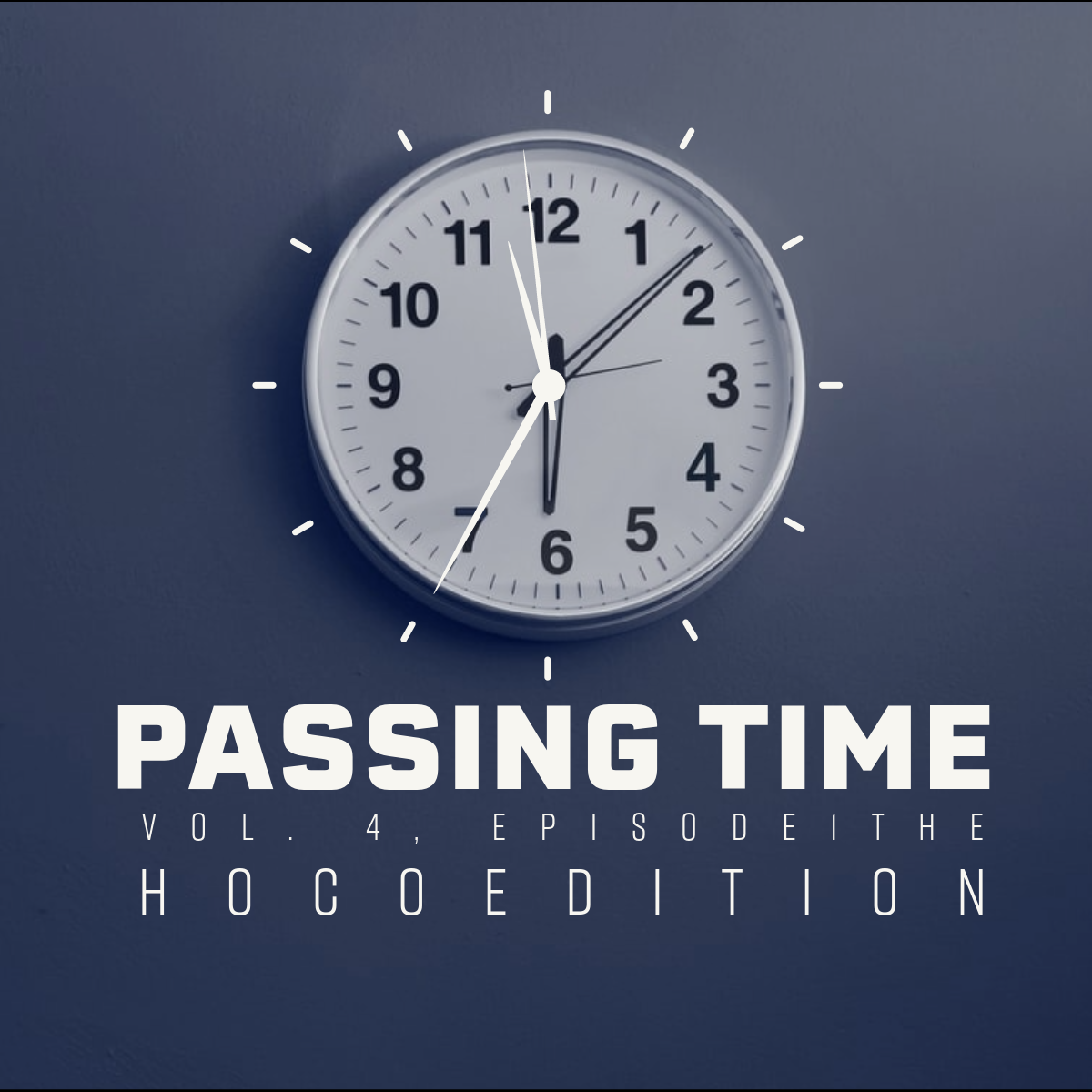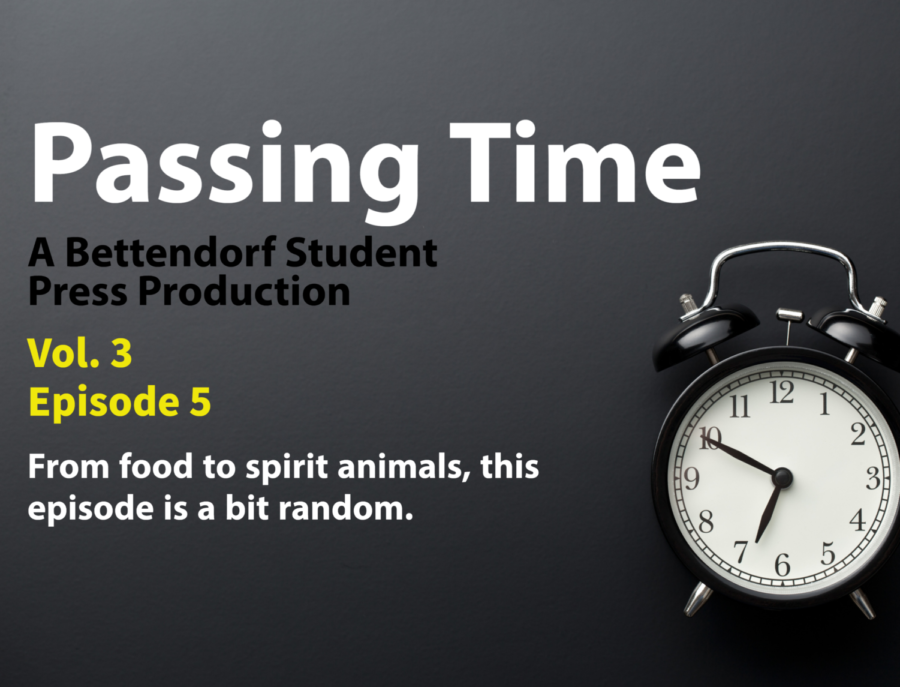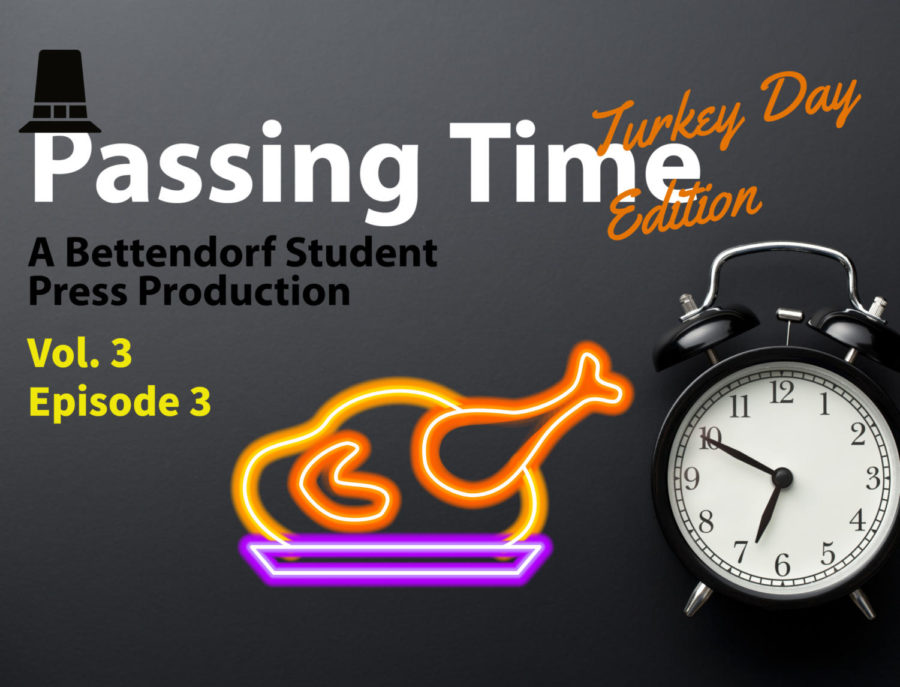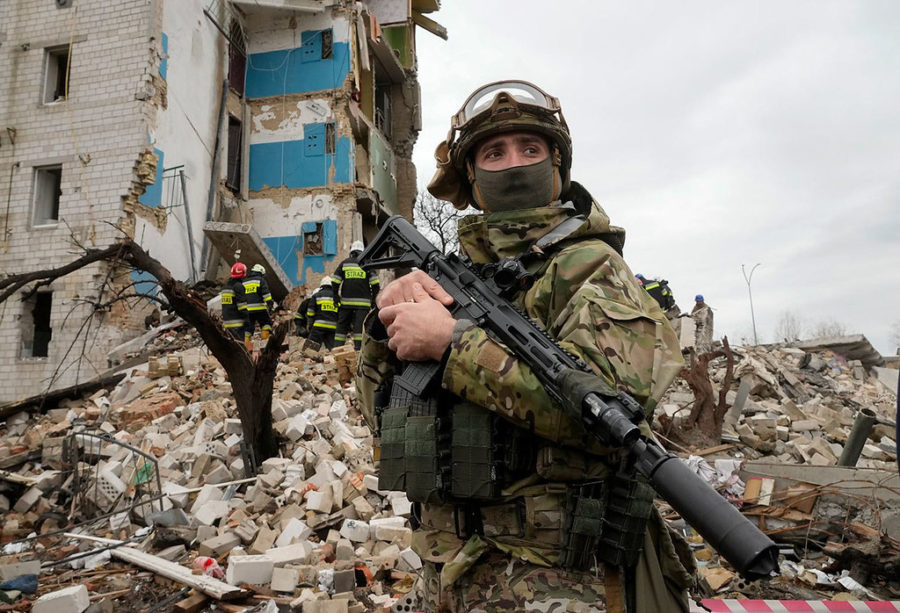Severe weather in the form of a recent heat wave and fires in Canada have caused destructive wildfires in Canada beginning in late April. The massive air pollution due to these fires sparked headlines over the summer. Pictures and videos taken of New York City went viral in June because of the visible air pollution. According to the US Department of State, low air quality in the Northeastern United States has caused symptoms like wheezing, scratchy throats and running noses.
The air quality index reached extreme highs in places like New York City, where the index reached a historical high of 484. AQI levels below 100 a typically considered safe and an AQI rating of 500 is the worst air pollution can get.
The unprecedented early start to the Canadian wildfire season is attributed to drought and hot conditions according to Kristina Dahl, Senior Climate Scientist at the Union of Concerned Scientists. According to the Canadian Interagency Forest Fire Center, these fires have burned land the size of Georgia as of August 22, 2023, and there are over 1,000 active wildfires in Canada.
In a recent study by the World Weather Attribution climate change was found to have doubled the likelihood of the hot, dry conditions in Quebec that fueled the wildfires there. The study revealed that climate change made these conditions 20% more intense.
Extreme heat in North America, Europe and China throughout July 2023 has also been affected by human-caused global warming. According to the World Weather Attribution heat waves occur once every 15 years in the US, once every 10 years in South Europe and once every five years in China. Without human-induced climate change, the likelihood of severe heat waves would be one in 250 in China.
Heat records in various cities across Iowa were broken in late August. On Aug. 22, the record for the morning low temperature on that day was broken in Des Moines, with the low reaching 80 degrees. The high temperature reached 100 degrees, breaking the previous high-temperature record for Aug. 23, meaning that two heat records were broken in one day.
The heat wave in Iowa near late August also affected customer service workers, with some reporting uncomfortable working conditions.
Bettendorf High School Junior and Little Ceaser’s employee Glorianna Schulte said, “It got so hot that my manager had to buy a bag of ice so we could put it on our foreheads… I was rolling up my sleeves like I would if I was in 100-degree weather.”
Nationally, there have been many heat deaths, much of those being migrants on the US-Mexico border. Internationally, countries like China, Italy, Greece and Algeria have also reported heat deaths according to the World Weather Attribution.
Frederike Otto, Co-founder of the World Weather Attribution said, “Until we stop burning fossil fuels the number of wildfires will continue to increase.”

